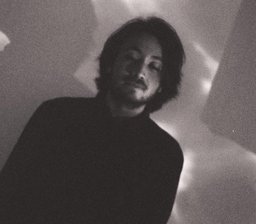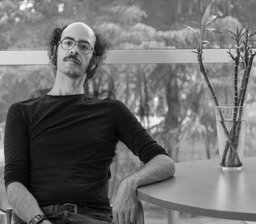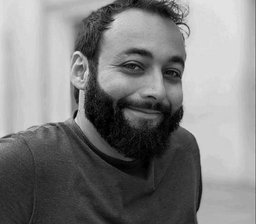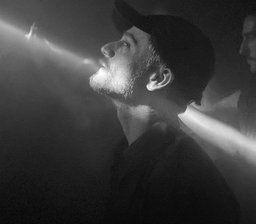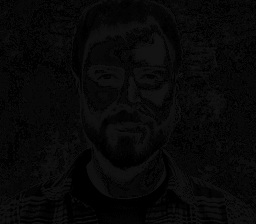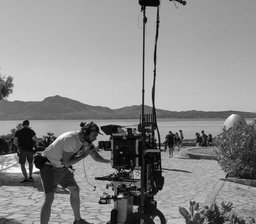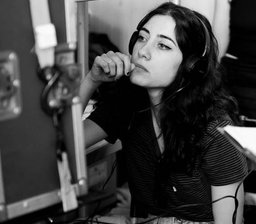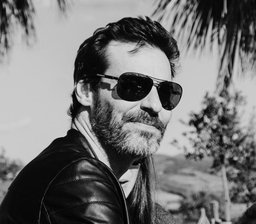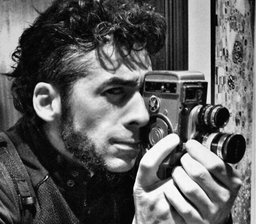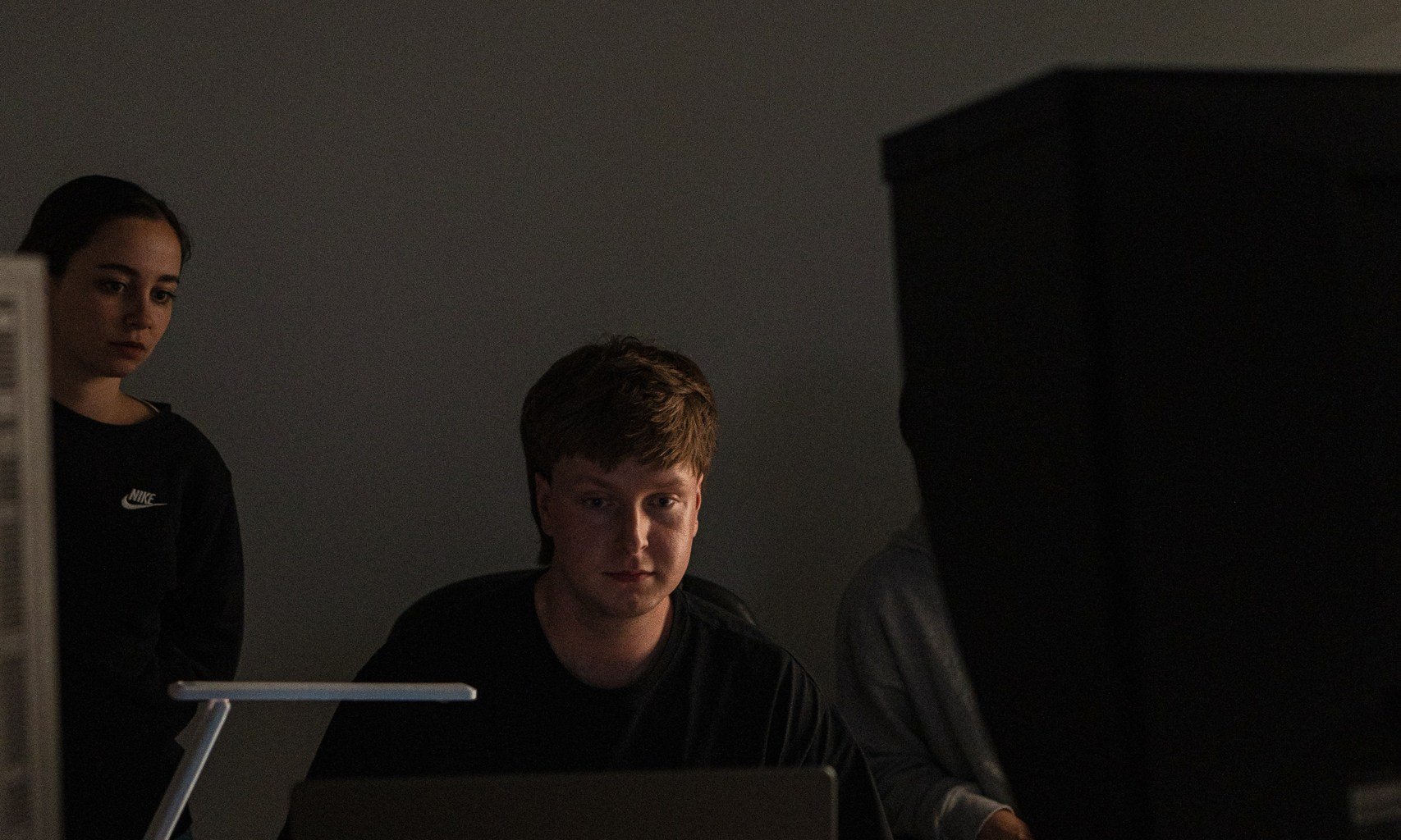Introduction
Diploma in Film Editing, Sound, and Visual Effects in Bilbao: Comprehensive Post-Production Training
The Diploma in Film Editing, Sound, and Visual Effects is a three-year specialized academic program designed to train future professionals in the Editing and Sound departments of high-level audiovisual projects.
Throughout the program, students gain in-depth knowledge of every task and responsibility involved in post-production, enabling them to excel in any creative, technical, or practical process. From narrative editing to sound design and cinematic effects creation, this diploma equips students with the essential skills for working in film, television, and audiovisual production in Spain.
ECPV takes place in Bilbao, a city that has seen exponential growth in the audiovisual industry. In the past year, supported productions have increased by 11% (168), shooting days by 26% (1,294), feature films by 133% (28), and series by 57% (11). This boom makes Bilbao a strategic hub for launching a career in film editing and post-production.
If you want to specialize in editing, sound, and cinematic effects in a dynamic and expanding environment, this diploma in Bilbao offers a unique opportunity to train within a thriving industry.
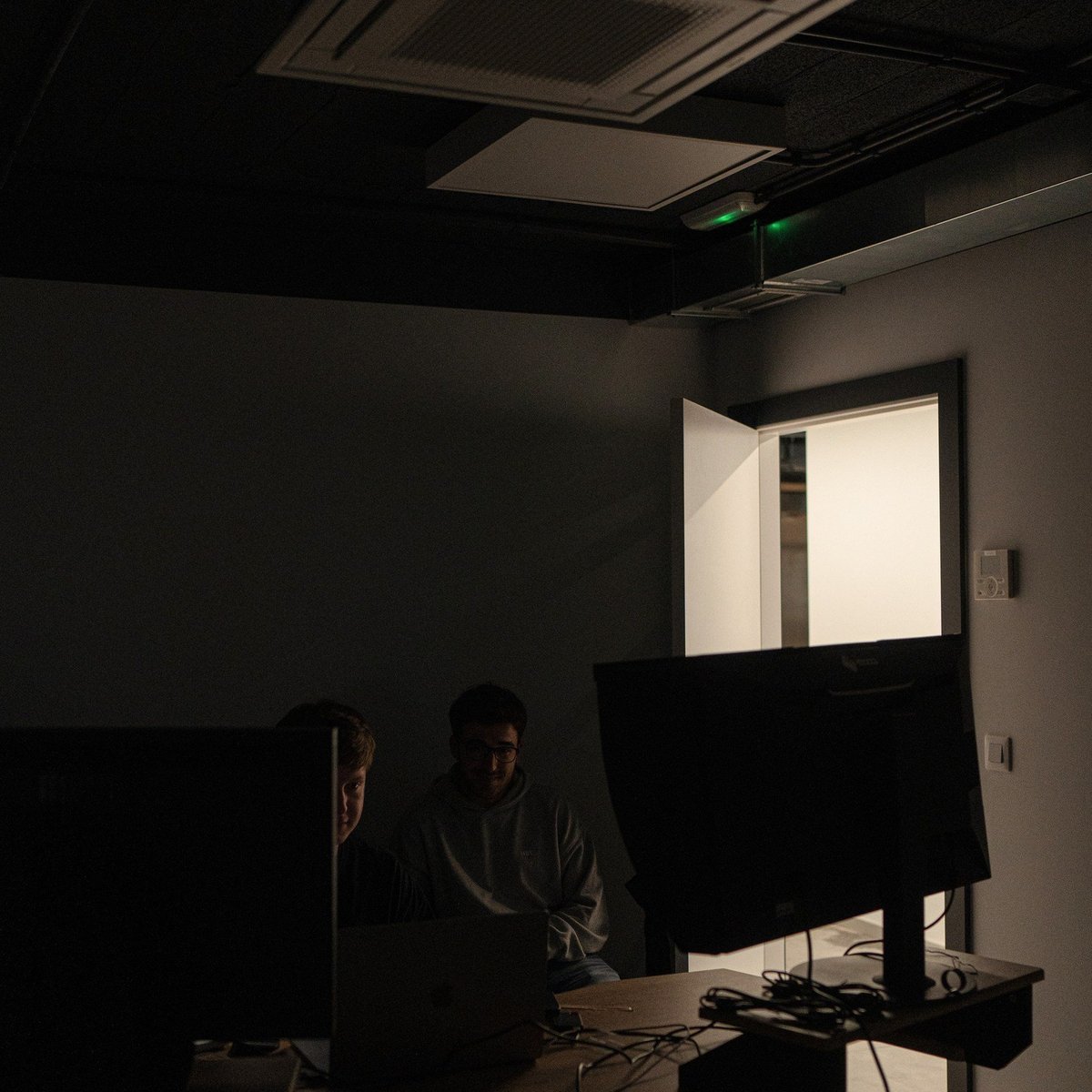
Diploma
Get Your Info Now!Dates
Enrollments
Timetable
From October to June:
Afternoon schedule from 3:00 PM to 6:00 PM.
Formation hours
More than 1400 teaching hours + joint practices.
Information
- Small groups.
- Specialized Masterclasses.
- Own title.
Target audience
This diploma has been designed for anyone who wishes to explore their artistic concerns within the framework of a cinematographic work from its structural, sound and narrative facets. It is highly recommended to have linguistic virtues, general culture, psychological concerns and the capacity for both effort and group work. Any previous training in audiovisual will be beneficial for the student.
Who you'll become
In a specialist in editing and post-production of a cinematographic work. Once you successfully complete the degree, you will be able to take on the post-production of a fiction project, working together with all the departments involved in the final formalization of a film. You will know all the vocabulary, all the techniques and all the debates that enliven film creation from its narrative approach. Likewise, you will be able to collaborate in making decisions that cover issues of rhythm, narrative, rewriting and colorimetry.
In a sound capture specialist. You will be able to assume full responsibility for sound recording during the filming of a contemporary audiovisual work and especially in its final sound design.
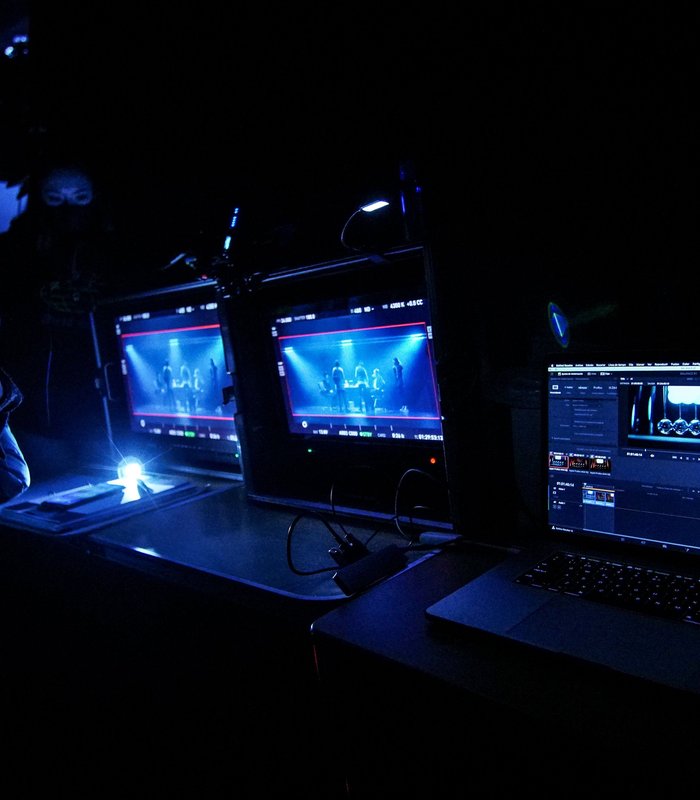
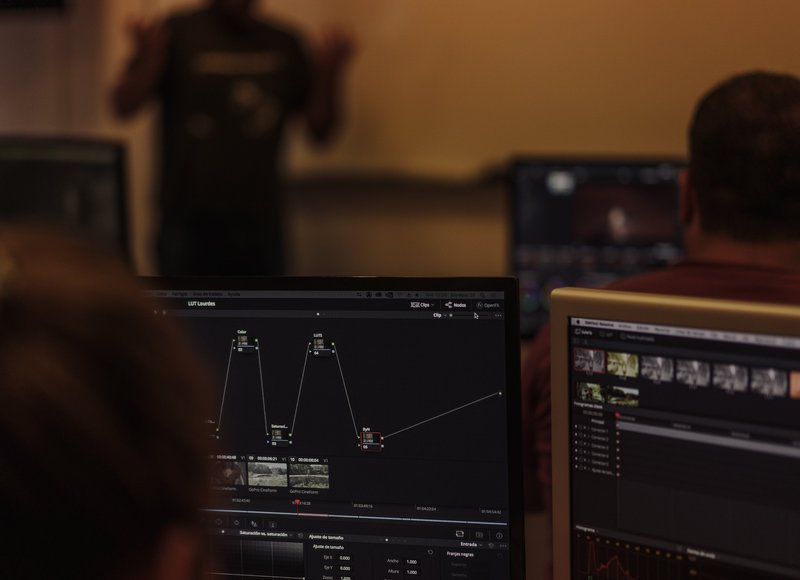
Our way of teaching
You will begin by acquiring all the vocabulary essential for understanding and thinking about cinematography. Once this common language is established, you will assimilate all the necessary protocols for carrying out a film work, whether it is typical of a pre-production, filming or post-production phase. Immediately, you will experience the creative process within the framework of a so-called institutional cinema and then explore the counterproposals developed throughout History. Finally, you will synthesize everything you have learned in a final stage where you can formalize your own vision in accordance with the contemporaneity of our discipline.
Study plan
For more information about our study plan, fill out the form and contact us.
Enrollment, registration and prices
Request all the information by filling out the contact form, writing us an email, calling us by phone or visiting us in person.
We will send you all the necessary information so that you can register.
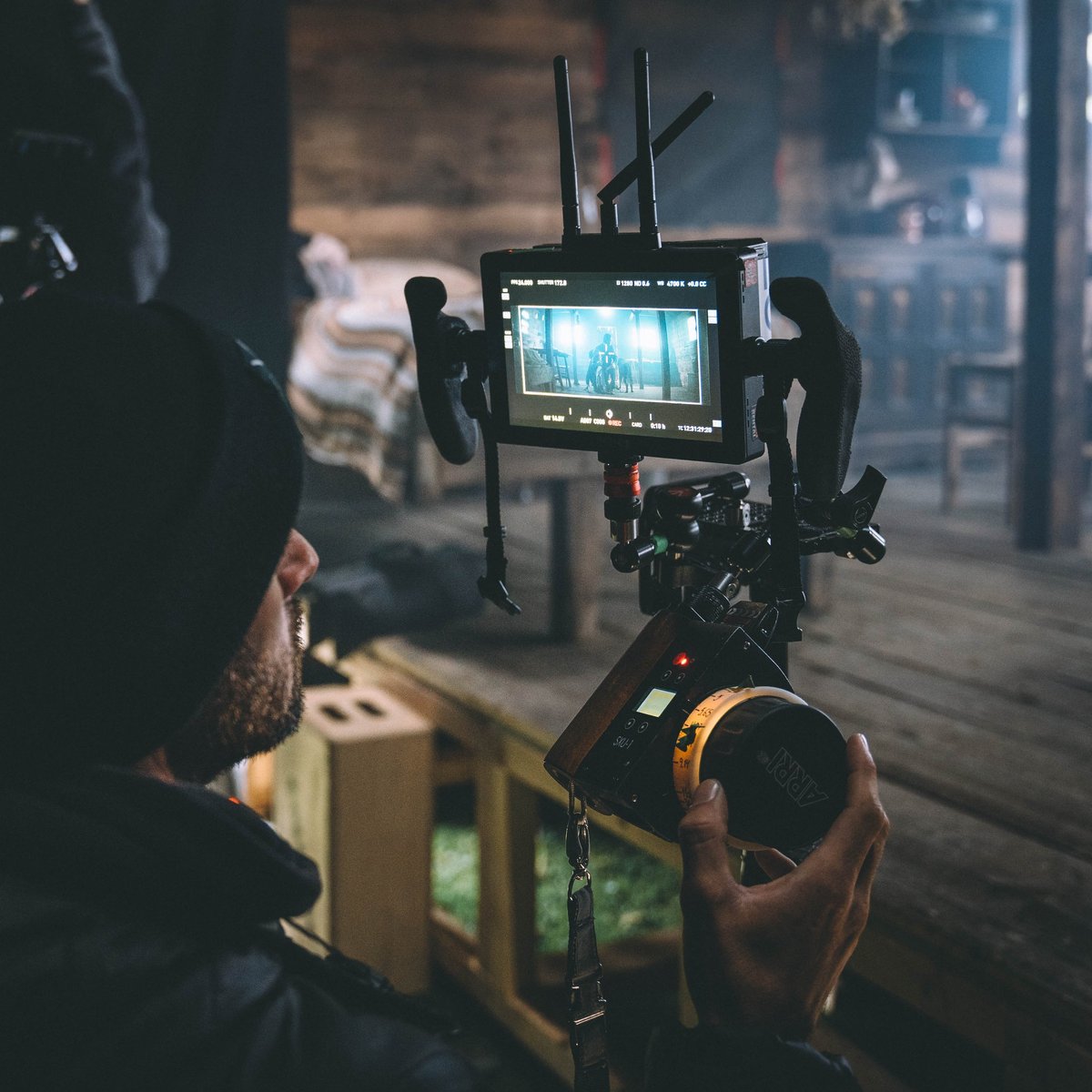
Contacts
Ver mapa
Customer service schedule
- From Monday to Friday:
9:30 a.m. to 2:00 p.m. and 3:00 p.m. to 6:00 p.m. - Saturdays and Sundays closed
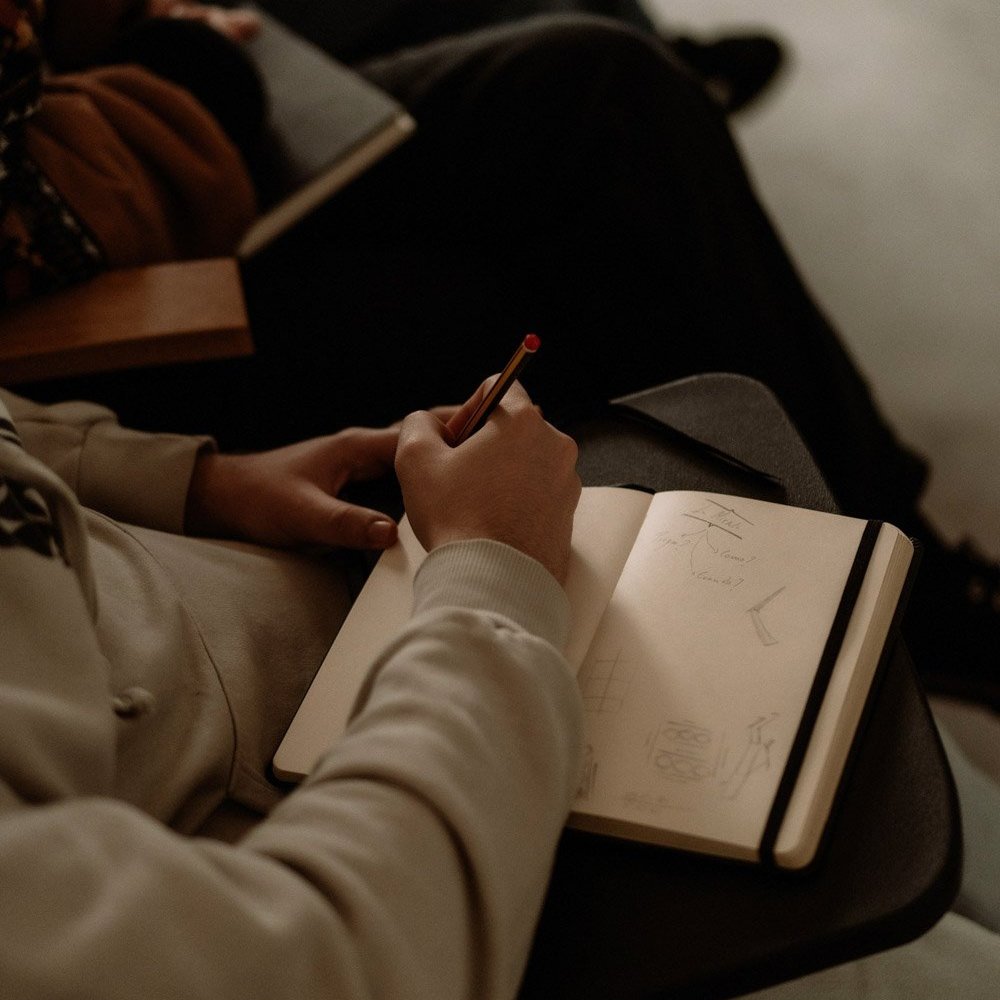
Diploma Program Content
| Nombre | Descripción |
|---|---|
| Dramaturgia | Introducción a la dramaturgia y la estructura narrativa: desde Aristóteles hasta la posmodernidad. |
| Lenguaje | Introducción a conceptos de lenguaje, de lenguaje artístico y de lenguaje cinematográfico. |
| Ontología cinematográfica | De la superficie a la esencia cinematográfica. |
| Historia del cine | Del protocine a la hypermodernidad. |
| Historia del montaje | Repasando la Historia del Cine desde el prisma del montaje |
| Teoría del montaje | Compromisos y desafíos semánticos del montaje. |
| Narrativa del montaje | El montaje como herramienta dramática. |
| Captación de sonido | Manejo y exploración del material y las técnicas necesarios a la captación de sonido en vivo. |
| Posproducción de sonido | Funciones del sonido en la narrativa cinematográfica y técnicas para llevarlas a cabo. |
| Colorimetría | De la teoría del color al etalonaje. |
| Trabajos y talleres prácticos | Aplicación a la práctica cinematográfica de los conceptos teóricos vistos en clase. |
| Historia del arte | Introducción a la Historia del Arte. |
| LAB Largometraje | Del cortometraje al largometraje: fundamentos y desarrollo de un proyecto de largometraje. |
| Investigación | De la elección del tema y el marco a la metodología |
| Formatos, procesos y color | Procesos, coordinación y exigencias de la postproducción |
| VFX | Introducción a los efectos especiales virtuales |
FAQ - Questions and Answers
What will I learn in the Film Directing course?
You will learn to develop your vision as a director, from the conception of an idea to the final production, working with screenwriters, actors, and technicians to build your own visual language.
What is the duration of the Film Directing course?
The Film Directing diploma lasts three years, during which students progress from learning technical and narrative fundamentals to directing complex and professional projects.
How is student progress evaluated?
Through practical work, class participation, guided exercises, and the completion of a final project, which is assessed both technically and creatively.
Does the course offer networking or job placement opportunities?
Yes, you will collaborate with students from other specialties and take part in real film shoots, helping you build a strong professional network from the very beginning.
¿Is it necessary to have prior experience to enroll?
This diploma program is designed for anyone who wants to explore their artistic interests within the framework of a film, examining its structural, sonic, and narrative aspects. Strong language skills, general knowledge, psychological awareness, and the ability to work effectively in a team are highly recommended. While prior experience is not required, any prior training in audiovisual production will be beneficial.
Can I present my own project as part of the course?
Yes, the course encourages the development of original ideas. You will be able to submit personal proposals and work on them under the guidance of the faculty.
What kind of projects will I carry out during the course?
You will complete several practical exercises, including short films and scenes, covering all phases of the filmmaking process: scriptwriting, shooting, and post-production.
Who are the course instructors?
The teaching team is made up of active professionals from the film industry: directors, screenwriters, editors, and producers with extensive experience in the field. Watch Teachers
Is any type of certificate awarded upon completion of the course?
Yes, you will receive a certificate from the school that validates your participation and the knowledge gained throughout the course.
Will I have access to technical materials and filming equipment?
Yes, you will have access to professional cameras, lighting and sound equipment, and editing rooms to carry out your projects following industry standards. Watch facilities
Professors
